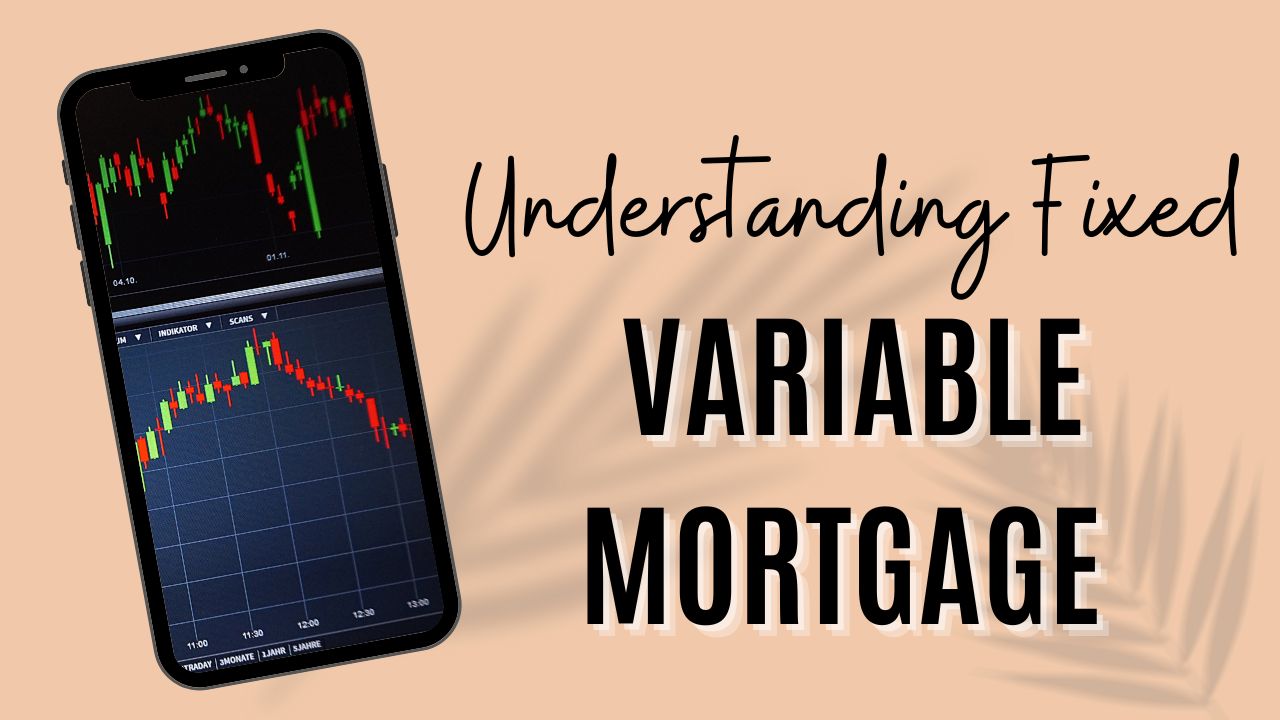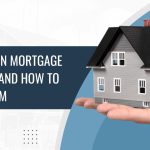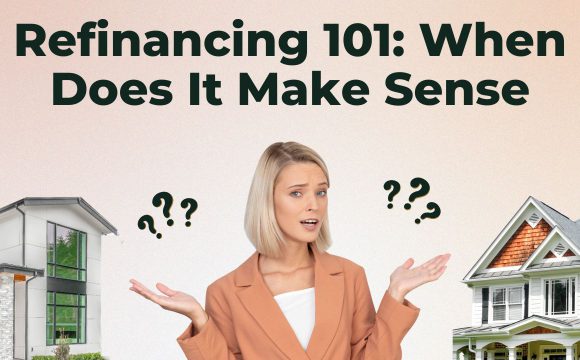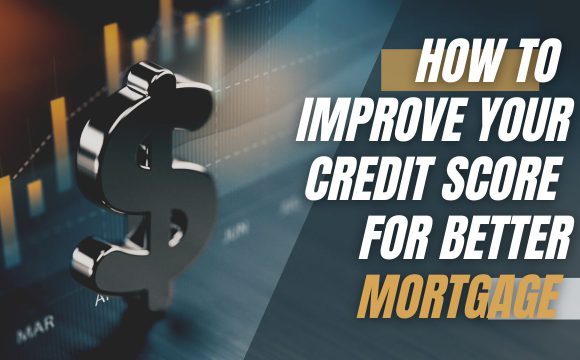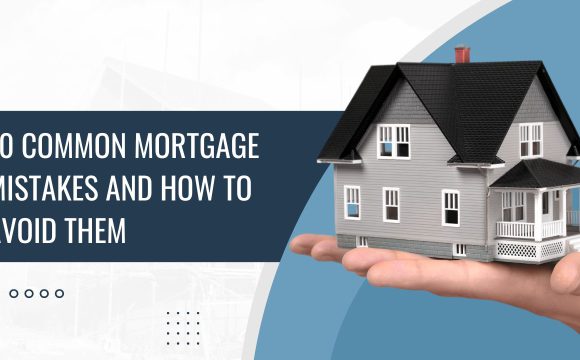Introduction: The Great Mortgage Debate
Welcome to the world of mortgages, where numbers dance around and the fine print can be more convoluted than a soap opera plot. Choosing between fixed and variable mortgage rates is like deciding between a sturdy old sedan and a shiny new sports car. One is reliable but slightly boring, while the other is thrilling but unpredictable. So, grab your favorite beverage; it’s time to dive deep into this mortgage showdown!
The Basics of Mortgage Rates: A Primer
What is a mortgage rate, anyway?
A mortgage rate is the interest charged on a mortgage loan. It’s the cost of borrowing money to buy a home, typically expressed as a percentage. The lower the rate, the less you’ll pay over the life of the loan—so it pays to pay attention!
The significance of interest rates in homeownership
Interest rates significantly impact your monthly mortgage payment. Higher rates mean higher payments, which can lead to “pushing the envelope” on your budget. Conversely, lower rates can make homeownership more affordable.
Fixed rates vs. variable rates: The essential differences
Fixed-rate mortgages maintain the same interest rate throughout the life of the loan. In contrast, variable-rate mortgages (also known as adjustable-rate mortgages or ARMs) have rates that can fluctuate, typically based on market conditions. Choosing between the two depends on your financial goals and lifestyle preferences.
Fixed-Rate Mortgages: The Steady Sailor
Definition and how it works
A fixed-rate mortgage locks in your interest rate for the life of the loan, usually set at 15 or 30 years. This means your monthly payments will remain stable, allowing you to plan your finances without surprises.
Pros of fixed-rate mortgages: Predictability and stability
One major advantage is predictability. You can budget your expenses without worrying about potential interest hikes down the road. It’s like having a dependable friend who always pays their share for pizza night.
Cons of fixed-rate mortgages: The rigidity factor
However, rigidity can be a double-edged sword. If interest rates drop, you won’t benefit unless you refinance. Additionally, fixed-rate mortgages can sometimes come with higher initial rates than their adjustable counterparts.
Variable-Rate Mortgages: The Adventurous Spirit
What is a variable-rate mortgage?
A variable-rate mortgage features an interest rate that changes over time, often after an initial fixed period. It generally starts lower than a fixed-rate mortgage, making it appealing to many first-time homebuyers.
The mechanics: How interest rates fluctuate
These rates are typically tied to market indices, meaning they can rise or fall based on economic conditions. If you’re lucky, you’ll ride the wave of lower rates; if not, you might feel like you’re on a rollercoaster.
Pros of variable-rate mortgages: Potential savings and flexibility
The main draw of a variable-rate mortgage is the potential for significant savings during periods of low rates. Plus, they often have lower initial payments than fixed-rate counterparts.
Cons of variable-rate mortgages: The risk of rising rates
The trade-off? Higher risk. If rates increase, so do your payments, which can lead to financial stress. You might end up wishing you’d brought a life jacket to this risky ride!
Risk Assessment: To Worry or Not to Worry?
Understanding your risk tolerance
Before choosing a mortgage type, gauge your comfort level with financial risk. Are you the type who breaks into a sweat at the thought of rising interest rates, or do you thrive on that thrill?
Analyzing your financial situation: Are you a risk-taker?
Consider your overall financial health. Are you likely to stay in your home long-term, or do you anticipate moving? A variable-rate mortgage might suit a short-term stay, but a long-term homeowner may prefer the security of a fixed rate.
The impact of economic fluctuations on variable rates
Economic conditions significantly impact variable rates. Keeping an eye on the economy can help you navigate the variable waters, but it’s not always easy to predict.
Long-Term vs. Short-Term Goals: Aligning with Your Mortgage
Evaluating your homeownership timeline
Are you planning to stay in this home for decades, or is it a stepping-stone to something bigger? A fixed-rate mortgage might be better for long-term plans, while a variable rate could be advantageous for shorter commitments.
How your life goals (kids, travel, retirement) influence your mortgage choice
Consider life dreams like sending kids to college, globetrotting, or retiring comfortably. Your mortgage decision should align with your broader financial goals, ensuring you don’t detract from those exciting adventures ahead!
Market Trends and Timing: Playing the Waiting Game
Interest rates: Are they rising or falling?
Studying market trends is crucial. Are interest rates on an upward trajectory, or is it a buyer’s market with declining rates? It’s worth doing some research or chatting with a financial advisor to get a clearer picture.
Timing the market: Is it all just a gamble?
While it might feel like gambling, becoming informed about economic indicators can help you make educated choices. Remember, fortune favors the prepared!
Analyzing historical trends: What can we learn from the past?
Looking at historical data can provide insights into future trends. It may not be foolproof, but understanding the “why” behind changes can make your decisions clearer.
Personal Financial Management: Beyond Mortgages
Budgeting for a mortgage: Hidden costs to consider
When budgeting, remember that the mortgage isn’t just about monthly payments. Property taxes, homeowner’s insurance, and maintenance costs can add up. Preparing for these expenses is essential to avoid any surprises.
The importance of a diversified financial portfolio
Investing in a mortgage shouldn’t mean neglecting other investments. Diversifying your portfolio can mitigate risks associated with fluctuations in interest rates.
Emergency funds: Because life happens!
Having an emergency fund means you’re ready for the expected—and unexpected. Life can throw curveballs, so don’t skimp on savings amid mortgage decisions!
The Role of Expert Advice
When to consult a mortgage broker
Timing is everything! Consult a mortgage broker when you’re seriously considering a home purchase or refinancing. They can help navigate the maze of rates and products.
Understanding jargon: Don’t be afraid to ask questions!
Don’t let mortgage jargon intimidate you. Terms like “APR,” “points,” and “underwriting” can be confusing. Always ask questions until you’re comfortable—there are no silly inquiries!
The value of financial literacy in the mortgage decision-making process
Taking the time to understand your mortgage options can empower you to make informed decisions, leading to a more satisfying financial future.
Case Studies: Real-Life Experiences of Fixed vs. Variable Rates
Homeowner A: Sticking with fixed—Was it worth it?
Meet Emily, who chose a fixed-rate mortgage because she values stability above all. After ten years, she’s delighted with her decision, as the rising interest environment only reinforced her choice.
Homeowner B: A wild ride on variable rates—The ups and downs
Then there’s Jake, who opted for a variable-rate mortgage. He enjoyed lower payments at first, but as rates increased unpredictably, he learned firsthand about the stress of managing a fluctuating budget.
Lessons learned: What can we take away from these stories?
Both homeowners have valuable lessons to share. Fixed rates offer peace of mind, while variable rates might provide opportunities for savings—if you’re equipped to manage the risks.
Frequently Asked Questions: Clearing Up Confusion
Can you switch from a variable to a fixed rate?
Yes, it’s possible! Many lenders offer options to convert your variable loan to a fixed-rate mortgage if it becomes necessary. Just be sure to check for any associated fees.
What happens if rates drop after you lock in?
If rates drop after you’ve locked in, unfortunately, you’ll stick with your current rate unless you refinance—possibly adding more costs in the process, but keeping you from “having your cake and eating it too.”
How do lenders determine your mortgage rate?
Lenders consider various factors: your credit score, financial history, down payment size, and current market conditions. The better your financial profile, the more favorable your rate.
Debunking Myths: What You Thought You Knew
“Fixed rates are always better”—Fact or fiction?
This is fiction! While they offer stability, variable rates can provide significant savings in specific economic climates. It depends on personal circumstances.
“Variable rates are for the financially reckless”—Let’s unpack this
Not true! Many financially savvy individuals choose variable rates to take advantage of lower interest rates. It’s all about risk assessment and knowing yourself.
Final Decision: Weighing Your Options
Creating a pros and cons list tailored to your situation
Before making a final decision, jot down the pros and cons of fixed vs. variable rates. Tailor this list to your unique financial situation and life goals.
The ultimate question: What feels right for you?
Ultimately, choose based on your comfort level. Listen to your gut—if you’re insistent on knowing your monthly payments without change, a fixed rate might be your best bet!
Conclusion: Let’s Wrap It Up
As we navigate the mortgage journey, it’s crucial to keep a sense of humor. Remember to appreciate the ride—there will be bumps, but staying informed can lead you to your dream home without losing your mind!
Get Started on Your Mortgage Journey
Feeling empowered to explore your mortgage options? Begin researching and reach out to professionals who can guide you. Share your experiences and ponderings in the comments below. After all, mortgage tales are better when shared—just like pizza! 🍕
